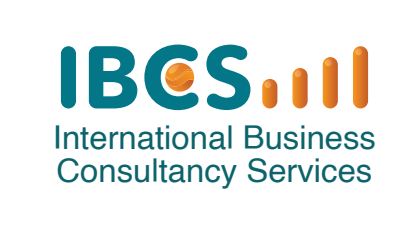IBCS is offering all type of business licensing including Trade License, EPF, ESIC, GST, ITR filing, Trademark, Copyright and Patent, FSSAI, NGO related services including 12A, 80G, FCRA registration, Digital Signature Certificate, IEC code, all taxation services, Barcode, Startup India DIPP, NSDC, HoneyBee, Tea Board, Spice Board, Apeda, etc services at affordable cost. Call us 9749373200 now.
How to register company in India
Company registration in India is a crucial step in establishing a legal entity for your business. Understanding the process and requirements can help you navigate the registration process smoothly. Let’s delve into the key aspects of company registration in India:
- Types of Companies: In India, several types of companies exist, including private limited companies, public limited companies, one person companies (OPCs), and limited liability partnerships (LLPs). Each type has specific characteristics and requirements, so it’s important to choose the one that aligns with your business goals.
- Digital Signature Certificate (DSC): Obtaining a DSC is essential for online filing of documents with the Ministry of Corporate Affairs (MCA). It ensures the authenticity and security of electronic transactions and communications.
- Director Identification Number (DIN): Every director of the proposed company must have a unique DIN. To obtain DIN, directors need to file an application with the MCA, providing their identification and address proof.
- Name Reservation: Before registering a company, it’s necessary to reserve a unique name that complies with the MCA’s naming guidelines. The name can be reserved using the RUN (Reserve Unique Name) service, which allows you to check name availability and make reservations.
- Memorandum of Association (MOA) and Articles of Association (AOA): The MOA and AOA are vital documents that outline the company’s objectives, rules, and regulations. These documents need to be prepared and filed with the MCA during the registration process.
- Incorporation Documents: Besides the MOA and AOA, several other documents are required for registration. These include the consent of directors, declaration of compliance, proof of the registered office address, and identity/address proofs of the directors and shareholders.
- Registration and Fees: Once the necessary documents are in order, they can be submitted to the MCA through the SPICe (Simplified Proforma for Incorporating Company Electronically) form. The MCA will review the application, and upon successful completion, a certificate of incorporation will be issued. Registration fees are determined based on the authorized capital of the company.
- PAN and TAN: After company registration, you must apply for a Permanent Account Number (PAN) and a Tax Deduction and Collection Account Number (TAN) from the Income Tax Department. PAN is essential for various financial transactions, while TAN is required for tax deduction and collection purposes.
- Compliance Requirements: Once your company is registered, you need to fulfill various compliance requirements. These include maintaining proper books of accounts, conducting annual general meetings, filing annual financial statements, and income tax returns. Failure to comply with these obligations can result in penalties or legal consequences.
While the information provided here serves as a general overview, it’s advisable to seek professional assistance from our company secretary, chartered accountant, or legal expert to ensure compliance with all the legal procedures and regulations specific to your situation.
